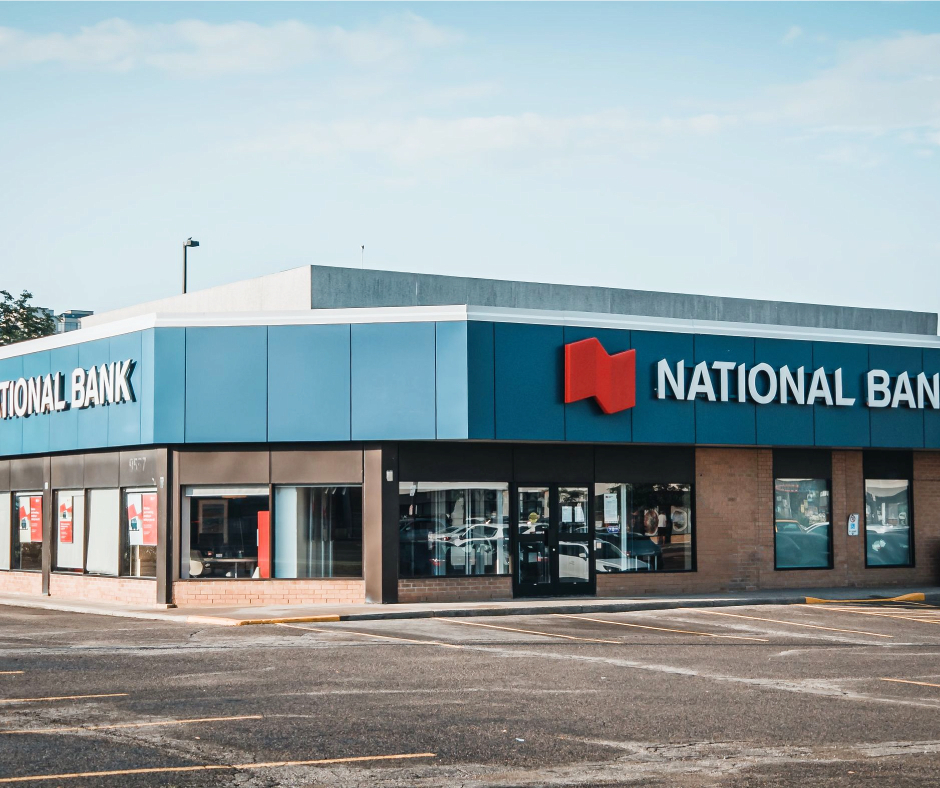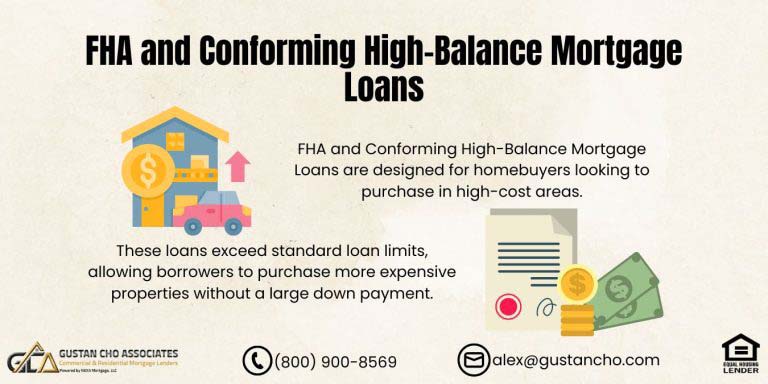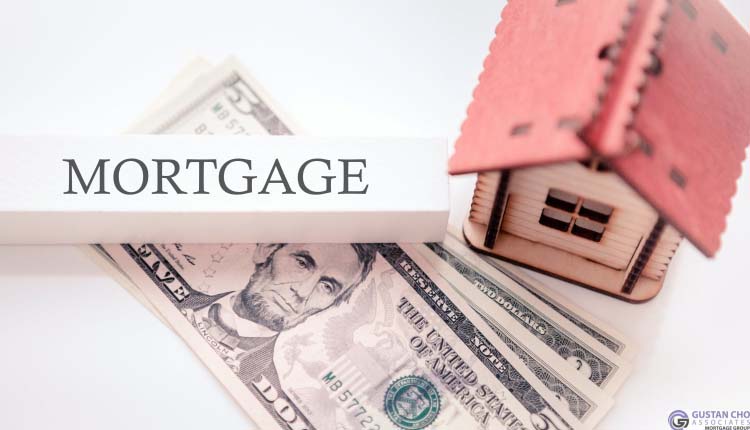Many borrowers are confused about how lenders price mortgage rates. How can mortgage rates just under 3.0% just a little over a year ago hit 6.5% in such a short time? Mortgage rates are hitting historic highs due to the Federal Reserve Board’s increasing rates to fight the skyrocketing inflation rate. Most people do not think of the mortgage market unless they work to buy or refinance a house.
A Mortgage is a loan from a bank, a mortgage lender, or another financial institution. If you do not know much about the mortgage market, it may sometimes seem that mortgage rates are fixed on a kind of mysticism that is not intended to be understood by simple mortals.
How Lenders Price Mortgage Rates For Home Loans
Mortgage rates are determined by market factors combination such as overall economic health factors and some personal factors such as credit score, how you occupy your house, and the size of your loan compared to the value of The properties you want to buy. Although it is long and short, we will jump into the details in the rest of this post so you can be fully confident in your knowledge of mortgage rates and what you can do to get a favorable lone.
What Market Factors Affect How Lenders Price Mortgage Rates
There are market factors that determine how lenders price mortgage rates. Before personal factors are observed, mortgage rates are affected by various factors in the financial markets. These include impacts on the bond market, with help from the Federal Reserve, and how the global economy plays there.
Bond Markets Affect How Lenders Price Mortgage Rates
How the bond market trades is another determinant of how lenders price mortgage rates. We don’t think about it like this because home is so personal for everyone, but ultimately, mortgages are just a large financial instrument. Like many financial products, mortgages can be negotiated between investors. The particular mechanism of home loans is the mortgage obligation.
What Are Mortgage-Backed Securities
Mortgage-backed securities (MBS) are mortgage obligations are loan collections with similar characteristics. The amount of the payment, the credit rating, and the original investor in the loan are all characteristics of mortgage-backed securities. Based on your characteristics, you are deleted in an MBS. Investors who choose bonds decide on the bonds to be purchased according to their risk tolerance and desire for a specific rate of return.
Borrower’s Credit Scores Is How Lenders Price Mortgage Rates
If you fall into a category that has better financial characteristics, you are more likely to be able to make your payment than somebody who has a more risky profile. The compromise is that the interest rate is lower for you than for the other borrower. However, this goes beyond personal factors.
One of the critical factors to know is that the bond market, in general, is considered a safe place to put your money than the stock market. The stock market can offer a higher rate of return, but it is subject to much more volatility and could suffer more downtown. The bonds provide guaranteed returns.
When people buy mortgage bonds, mortgage rates tend to be lower. Indeed, the underlying mortgage bond rate does not need to be so high to attract an investor. On the other hand, if the money moves away from MBS in the shares or anything else, mortgage rates tend to increase as an investor buys the bonds.
Federal Reserve Board Is Another Factor in How Lenders Price Mortgage Rates
News of the federal reserve affects mortgage rates. One of the essential missions of the federal reserve is to maintain a stable inflation rate. Their primary tool for doing so is the rate of federal funds. The rate of federal funds (or the rate of federal funds) is the rate banks borrow money the next day.
How Does The FEDs Influence Mortgage Rates
Controlling the amount of money, the banks borrow helps the Fed effectively manage the money supply. If short-term interest rates are low, money will be cheaper to borrow, increasing the overall money supply in the market and raising prices. On the other hand, if the interest rates are higher, less money is available, and the prices fall. The federal reserve has recently retained short-term interest rates at almost 0% in response to COVID-19. This has the effect of maintaining lower mortgage rates.
How Does Federal Funds Rate Affect Mortgage Rates?
What Happens When Federal Funds Increase Rates?
As a general rule, when the rate of federal funds is low, this would push inflation over time. Although, it has not been the case so far. Inflation has been below the annual target of 2% of the FED for several years but is learning at the end of 2021 to 6.2% in October. The Fed would like prices to increase a little each year because it stimulates the economy by pushing people to purchase now rather than wait, especially if they think prices could increase.
Global Economy Another Factor in How Lenders Price Mortgage Rates
How the global economy affects mortgage rates. The federal reserve and the global markets react to the ups and downs. Here are some examples. Generally, if people believe we are in prosperous times, they will make their money in shares far from the bonds for the highest yield. Mortgage rates eventually go up. If investors think we are considering a slowdown in the future, money dates back to obligations, and mortgage rates are falling.
The Rate of Inflation Is Another Factor in How Lenders Price Mortgage Rates
Inflation also plays a role. When inflation is higher, people are more encouraged to invest in actions. The reason is the guaranteed rate of return for bonds is eaten as inflation increases. If an obligation brings you 5% and the money supply increases at 3% annually, you only get an effective return of 2%. You must note that if you have a fixed-rate mortgage already, your payment will not change according to inflation.
Does Unemployment Rates Factor How Lenders Price Mortgage Rates?
Finally, unemployment plays a role. If more people are unemployed than the Fed would not want to see, they tend to reduce interest rates to stimulate loans, which can help develop a workforce.
What Are Mortgage Rates Based On?
Again, What Are mortgage rates based On? Before you affirm your loan fee lock, you must recognize numerous market-primarily based and personal factors that directly impact your loan rate. None of them may be eliminated from the process. In return, this marketplace is impacted by the movements of the Federal Reserve, which is moved to behave based totally on indicators within the financial system. Beyond motion inside the marketplace, personal financial situations play a massive role.
What Factors Affect Mortgage Rates Pricing on Home Loans
Mortgage rates are among the most important factors when purchasing or refinancing a home. They significantly impact the overall cost of homeownership, affecting everything from monthly mortgage payments to the amount paid in total over the life of the loan. With mortgage rates at historic lows in 2020, today is the best time to take advantage of this market opportunity with the proper knowledge.
What Are Mortgage Rates?
A mortgage rate is the interest rate a lender charges on a mortgage loan. When borrowers purchase a home with a mortgage, they borrow a specific amount from the lender and enter into a contract to pay it back over a fixed period, often 15 or 30 years. The mortgage rate determines the amount of interest the borrower will have to pay to repay the loan. Mortgage rates can be fixed, remaining the same for the duration of the loan, or adjustable, varying according to market conditions. The mortgage rate also plays a crucial role in determining the borrower’s monthly mortgage payment and the total amount they’ll pay over the life of the loan.
10 Factors that Affect Mortgage Rates
Here are the top ten factors affecting home loan mortgage rate pricing, providing the essential information to secure the best mortgage rate for your next home purchase.
The Current State of the Economy
One of the factors that affect mortgage rate pricing is the current state of the economy. When the economy is doing well and low unemployment rates, mortgage rates tend to be higher. Lenders can charge more for loans when people have more disposable income. On the other hand, when the economy is struggling, and people are losing jobs, mortgage rates tend to be lower as lenders try to encourage borrowing.
The Feds Monetary Policy
The central bank of the United States is called The Federal Reserve or the Feds. One of the ways the Fed can affect mortgage rates is through its monetary policy decisions, which can influence the federal funds rate – the interest rate that banks charge from one bank to another for overnight loans. When the Fed raises this rate, mortgage rates tend to increase; when the Fed lowers the rate, mortgage rates tend to fall. Inflation Rates Inflation, or the general price increase over time, can also impact mortgage rates. If inflation rates are high, lenders may increase mortgage rates to protect against their declining purchasing power. Conversely, if low inflation rates, lenders may offer lower mortgage rates to attract borrowers.
Credit Score and Credit History
A borrower’s credit score and credit history often play a critical role in determining the mortgage rate they receive. Lenders view borrowers with good credit scores and histories as lower risk and typically offer them lower mortgage rates. Conversely, borrowers with poor credit scores and histories are considered riskier, and lenders may charge higher mortgage rates or require a larger down payment.
Down Payment and Loan-to-Value Ratio
A borrower’s down payment and loan-to-value ratio can also affect mortgage rates. A loan-to-value ratio is computed by dividing the loan amount by the home’s appraised value. If the down payment is low, the loan-to-value ratio is high, and lenders may charge higher mortgage rates to compensate for the added risk.
Property Location and Type
The location and type of property that a borrower plans to purchase can also impact mortgage rates. Properties in desirable areas with high demand may result in lower mortgage rates. On the other hand, properties that lenders consider high risk, such as those in areas with high foreclosure rates, may result in higher mortgage rates.
Mortgage Loan Type and Terms
The type of loan a borrower chooses and the loan terms, including the length of the loan and the interest rate type, can impact mortgage rates. For example, a fixed-rate mortgage typically has a higher interest rate than an adjustable-rate mortgage. Additionally, longer loan terms may result in higher mortgage rates than shorter loan terms.
Competition Among Lenders
Competition among lenders can also impact mortgage rates. When multiple lenders compete for a borrower’s business, they may offer lower rates and more favorable terms to attract borrowers.
Market Trends and Forecasts
Market trends and forecasts can also influence mortgage rates. If economic indicators suggest that rates are likely to increase, lenders may raise rates accordingly. Conversely, lenders may lower rates if forecasts predict that rates will likely fall. Borrowers should pay attention to market trends and forecasts to make informed decisions about when to apply for a mortgage.
Personal Financial Circumstances
Finally, a borrower’s financial circumstances can impact the mortgage rate they receive. Income, employment status, and debt-to-income ratio can all affect lenders’ rates. Borrowers improve their chances of getting the best possible mortgage rate by improving
their credit score, paying off debt, and demonstrating financial stability. Understanding the factors that affect mortgage rate pricing is essential to finding the best possible deal on a home loan.
With many elements impacting a mortgage rate, you must work with the right partner to help you navigate the process. While the housing market may seem challenging, it’s always important to remember that there is always a way to make your dream of homeownership a reality.
With the help of Gustan Cho Associates, we understand your unique financial circumstances and can guarantee that you can find the right program to make owning a home possible. Don’t hesitate to inquire and start the process today. Let our in-house experts help you find the best mortgage rate so that you can begin living in the home you always dream of!
Apply For a Mortgage: Click Here









